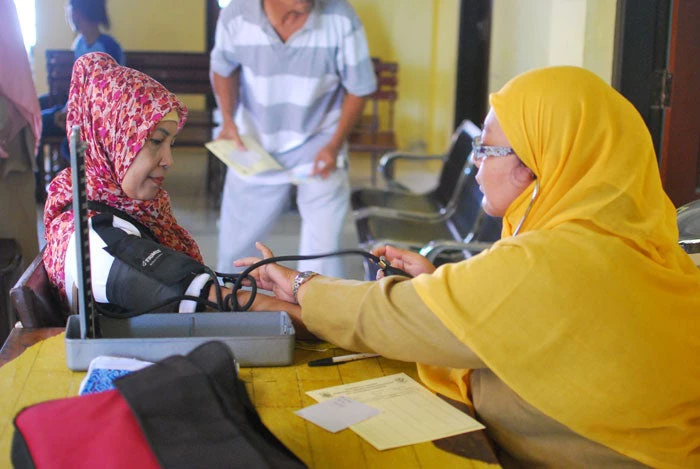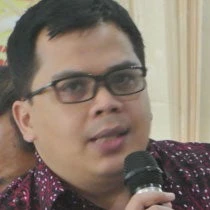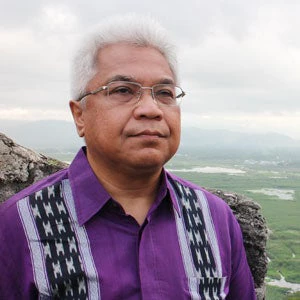
In post decentralization Indonesia, the responsibility to deliver services falls largely at the hands of the local government. So, too, does the management of public money. Local governments currently manage about half of Indonesia’s public finances. Transfers to the regions increased by more than threefold in real terms since the onset of decentralization.
However, with few improvements in health and education indicators, the results of these increased transfers are not encouraging.
To be fair, decentralization did bring a number of improvements in service delivery and governance.
For example, it helped create the demand for one-stop-shop licensing services, and encouraged the rise of reform-minded, service-oriented local leaders. The current president, whose responsiveness as a mayor helped propel him to the highest political office in the country, was among this new generation of local leaders.
One of today’s up-and-coming leaders is the chief of Bojonegero, a medium sized district with a population of 1.2 million in East Java. Known by his nickname Kang Yoto – translation: elder brother Yoto – Suyoto symbolizes the potential of district chiefs in spearheading change.
Suyoto’s district is home to 20% of Indonesia’s oil production and it is expected to receive more revenues as oil production peaks. Bojonegoro recognizes that it needs to translate abundant financial resources into real, tangible outcomes in the form of better services.
When Kang Yoto visited the World Bank, we were preparing a new analytical and advisory service under the big theme of “Decentralization that Delivers”. The team had just been exposed to a new approach implemented in several Latin American countries, called RAAP-ID (Rapid Assessment and Action Plan to Improve Service Delivery), intended to support local governments solve specific service delivery problems.
The approach begins with an assessment of basic conditions put in place to implement and sustain reforms. An analysis of development indicators is then used to help local governments identify areas of weakness. Local government officials then worked with a World Bank team to unpack the service delivery chain, in order to identify blockages and develop action plans to solve them. Kang Yoto was very much involved in the process. Over steamed banana and coffee, one discussion with him lasted until midnight.
Together, we identified three service delivery problems that the district government sees as priority. First, increase high school enrollment. There is almost universal enrollment for primary and junior high school, so Bojonegoro now wants to focus on increasing high school enrollment from the current rate of 70.4%.
Second, reduce maternal mortality rate, or MMR. Although, in recent years the MMR in Bojonegoro has dropped below the MDG target of 102 per 100,000 livebirths, it is still unstable. In 2015, the MMR rose again to 128, but was still below the national average. The third issue to address is streamlining the business licensing process.
The rapid assessment, combining sectoral expertise with public management and governance approaches, yielded several interesting results. Including one supporting the notion that more money would not necessarily achieve results unless supported by good public management and governance processes.
For example, in the education sector, the team identified fiduciary weaknesses in a grant scheme provided to students enrolling in high school. Actions were identified to mitigate these weaknesses.
In the health sector, we found that the poor skills of health workers were contributing to a number of maternal death incidences. However, their skills levels are underpinned by low resource allocation and the need for on-the-job skills development.
The team also observed first hand that rules set by the central government can create confusion in implementation. For example, primary health centers were not able to use funds from the national health insurance scheme for the 2014 fiscal year due to a procurement regulation which can only be resolved during the following fiscal year.
To distill these lessons learned and wrap up the initiative in this district, Bojonegoro is hosting a closing event for the RAAP. Development partners from Canada, the European Union, and Switzerland -who provided support for this activity through the Public Financial Management Multi Donor Trust Fund—will join Kang Yoto in his home-town.
The team would then need to mull over the potential reach of the new approach in improving service delivery in Indonesia. Can this approach be applied more broadly, to 507 others districts across the country?



Join the Conversation